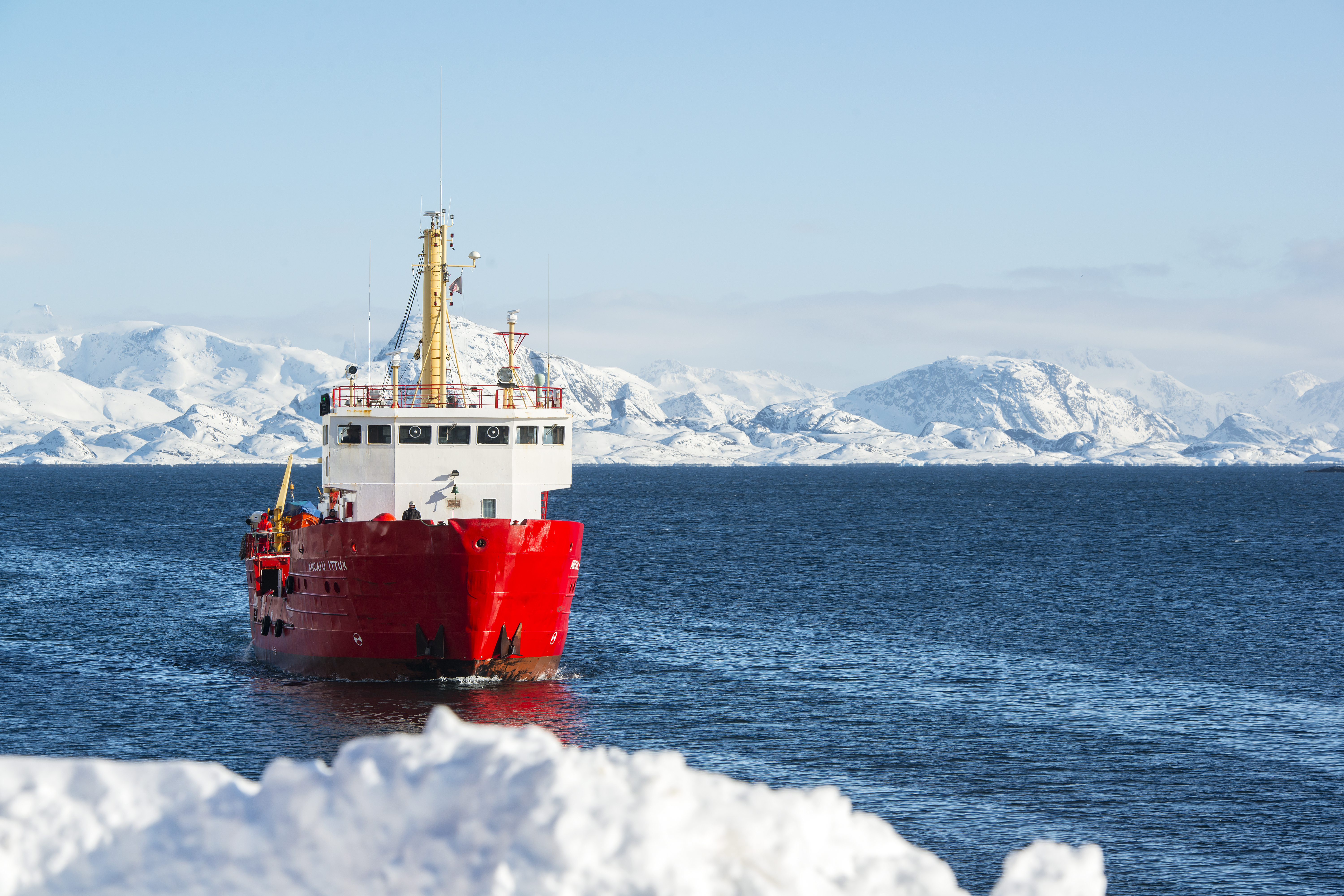IMO says it will address Arctic heavy fuel oil regulation

The United Nations agency that sets rules for international shipping said Friday it will develop rules about the use of heavy fuel oil by ships in Arctic waters.
A committee of the International Maritime Organization, meeting in London, agreed to a proposal submitted by seven IMO members, including Canada, the U.S. and Norway, to start the rule-making process. It will take up the issue at the committee’s next meeting in April 2018, according to TradeWinds.
The use of heavy fuel oil has been targeted by environmentalists and indigenous groups, which hope to see an Arctic HFO ban added to the Polar Code, a list of environmental rules put together by the IMO.
[The Polar Code is in force now. Will it be enough to protect the environment?]
The Polar Code already bans heavy fuel oil in Antarctic waters. Backers of an Arctic ban argue it’s detrimental to the region because it releases high levels of black carbon, or soot, when burned. When this soot lands on ice and snow, it accelerates warming.
They also cite the potential threat the fuel poses in the event of an oil spill in the Arctic.
A 2017 study found that heavy fuel oil was the most commonly used marine fuel in the Arctic in 2015, comprising 57 percent of all fuel used by ships. Some groups worry that, as the Arctic sea ice melts, more ships will travel to the region, increasing the odds of a spill, which could prove disastrous for Arctic ecosystems and communities, as heavy fuel oil breaks down slower in colder waters.
While Friday’s decision to take up the issue next year is just a small step toward any possible curbs on the use of the fuel in Arctic waters, groups that have called for such restrictions praised the IMO’s decision.
“Today, the IMO took a step in the right direction, to protect the fragile Arctic ecosystem, and the communities that depend on it, from the dirtiest and most polluting ship fuel in the world,” said Andrew Drumbrille, senior specialist of sustainable shipping for World Wildlife Fund-Canada, in a release. “WWF-Canada hopes this process will move quickly towards a phase-out and eventual ban on the use of HFO in the Arctic, as it poses an unreasonable threat to both the environment and human health.”
After welcoming the proposal, the Clean Arctic Alliance also pressed for a ban on heavy fuel oil in the region.
“A ban on the use of HFO and carriage of HFO as fuel is the simplest and easiest measure to enforce, which will provide the best protection for the Arctic,” Dr. Sian Prior, lead adviser to the Clean Arctic Alliance, said in a press release. “While this might seem ambitious, a ban can be adopted in 2020, and come into effect 18 months after adoption.”
The nonprofit group Pacific Environment said in a press release that support for the proposal was “clear, convincing, strong and diverse,” listing multiple countries, NGOs and the Cruise Line International Association as proponents of the action. Included in the nations that voiced their support was Russia, which has in the past resisted a ban on heavy fuel oil.